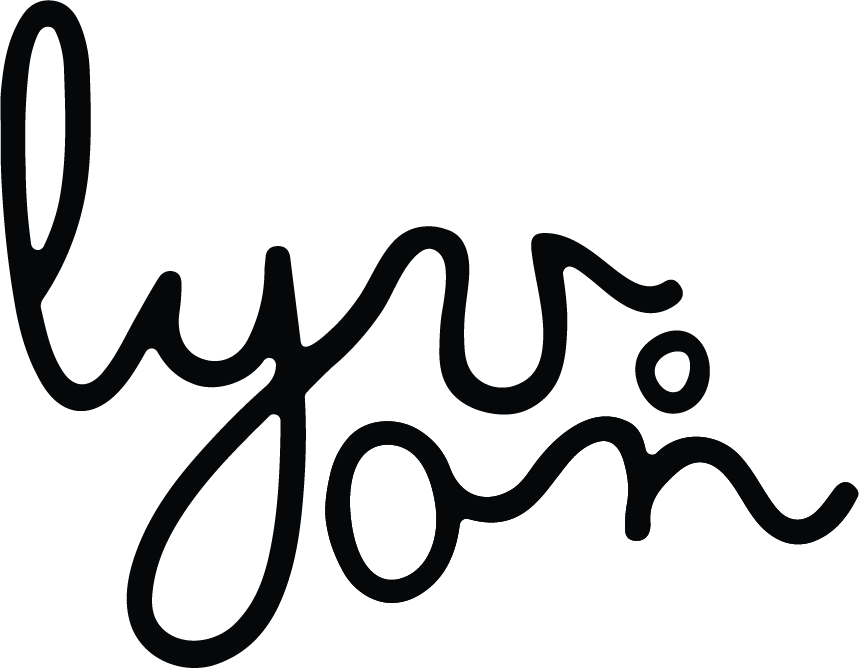Top 10 Sustainable Fashion Trends in 2024
Sustainable fashion continues to rise in popularity as consumers and brands alike prioritize environmental responsibility. Here are the top ten trends to watch in 2024, featuring some of our favorite products that align perfectly with these eco-friendly innovations.
1. Organic Cotton Everything
Organic cotton remains a staple in sustainable fashion due to its reduced environmental impact. It avoids the use of synthetic pesticides and fertilizers, leading to healthier soil and less water pollution. Consumers appreciate its softness and durability, making it a preferred choice for eco-friendly wardrobes.
Love - Words of Affirmation Relaxed Fit Tee Made from 100% certified organic cotton, this tee is soft, breathable, and free from harmful chemicals.
2. Recycled Fabrics
Recycled fabrics help reduce waste and resource consumption. Materials like recycled polyester and nylon, often sourced from post-consumer plastic bottles and fishing nets, maintain the same quality as virgin materials while minimizing environmental damage. These fabrics are gaining popularity for their eco-friendly benefits.
3. Biodegradable Textiles
Biodegradable textiles, such as Tencel and hemp, decompose naturally, leaving no harmful residues. These materials are produced through sustainable processes that use less water and energy compared to conventional textiles, making them a green choice for eco-conscious consumers.
Our Spring Hemp Set is made of brushed hemp and organic cotton blend. Made in the U.S.
4. Circular Fashion
Circular fashion aims to extend the life cycle of garments through practices like recycling, repurposing, and take-back programs. This model reduces waste and encourages the reuse of materials, creating a more sustainable fashion ecosystem.
5. Ethical Manufacturing
Ethical manufacturing focuses on fair labor practices, ensuring workers are paid fairly and work in safe conditions. This approach also includes transparency in the supply chain, allowing consumers to make informed purchasing decisions that support humane practices.
6. Minimalist Fashion
Minimalist fashion emphasizes quality over quantity, promoting the purchase of versatile, long-lasting items. This trend encourages consumers to buy fewer, better-made pieces that reduce overconsumption and waste.
7. Natural Dyes
Natural dyes, derived from plants and minerals, offer a sustainable alternative to synthetic dyes. These dyes are less harmful to the environment and often produce beautiful, unique color variations, making them a popular choice for eco-friendly fashion.
8. Slow Fashion
Slow fashion promotes thoughtful purchasing decisions, focusing on high-quality, timeless pieces rather than fast fashion's transient trends. This approach helps reduce waste and promotes a more sustainable, less consumption-driven lifestyle.
9. Vegan Fashion
Vegan fashion avoids animal products, using cruelty-free materials like faux leather and plant-based alternatives. This trend caters to consumers who seek ethical options without compromising on style and quality.
10. Transparency and Traceability
Consumers increasingly demand transparency from brands about their production processes. Technologies like blockchain enable tracking of a garment’s entire lifecycle, ensuring ethical and sustainable practices are followed from start to finish.
As sustainable fashion continues to evolve, these trends highlight the industry's commitment to reducing its environmental impact while offering stylish and high-quality products. At Lyvon, we strive to be at the forefront of this movement, providing a range of eco-friendly options for the conscious buyer.


